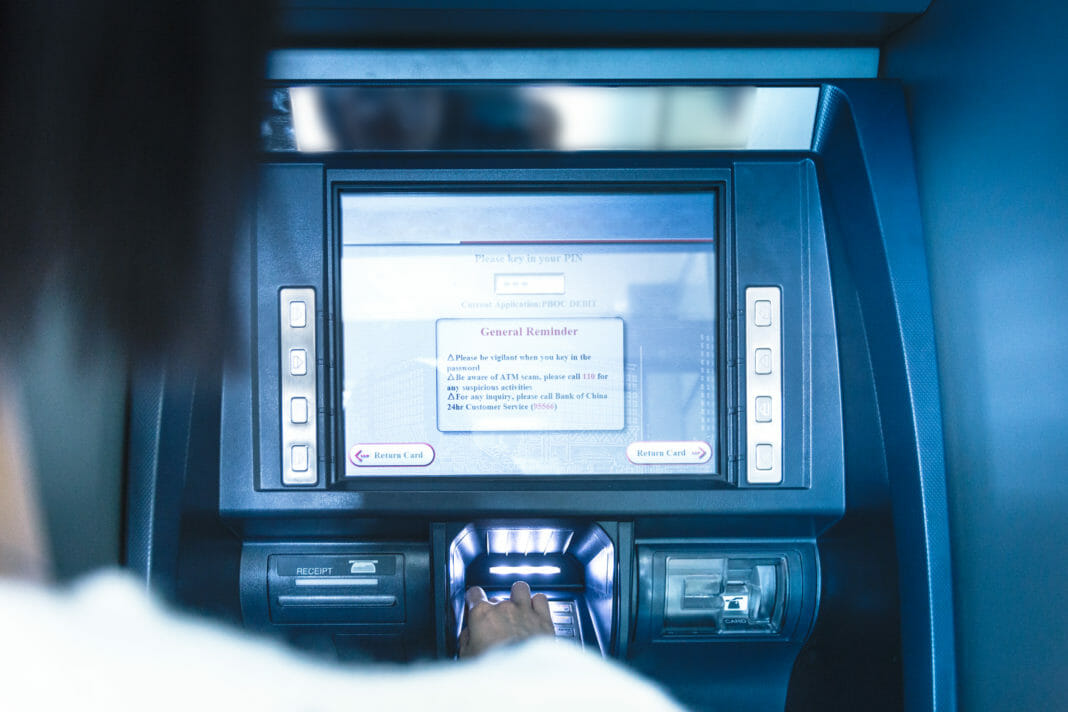The company of Michael Saylor announced that they invested USD 94.2 in 1,914 BTC this month. The Panamanian authorities are increasingly interested in Bitcoin, which led them to draft a bill to recognize it as an alternative payment method.
Business intelligence software company MicroStrategy, which has been accumulating Bitcoin, recently increased its holdings in the cryptocurrency. They announced they now have 1,914 more BTC, which they bought for about USD 94.2 million between December 9th to 29th.
The firm raised funds to purchase Bitcoin by selling some shares. In the third quarter of 2021, they added nearly 9,000 BTC to their holdings, an average of 3,000 coins per month.
The CEO of MicroStrategy, Michael Saylor, has made acquiring bitcoins a second mandate for his 32-year-old company.
Data Indicates that the Dominance of Bitcoin Has Dropped
According to data from TradingView, the dominance of the Bitcoin market has continued to decrease, bottoming out below 40% this week.
In that sense, Bitcoin critic and Europac chairman Peter Schiff tweeted about the recent drop to USD 46,000. He said that this indicates that BTC is losing its first-move competitive advantage.
A study by TradingPlatforms stated that the data might signal that an altcoin season is about to occur. The dominance of altcoins has grown three times, going from 21% in 2014 to close to 60% in the last seven years.
Panama Will Install 50 Bitcoin ATMs in 2022
The government of Panama wants to keep pace with the bitcoinization process of El Salvador. For that reason, they plan to install 50 Bitcoin (BTC) ATMs next year.
Panama will acquire the new devices from Santo Blockchain, and other countries in the region will do the same. Colombia and Costa Rica are the following nations on the list.
The interest in Bitcoin in the Central American country has grown considerably, making it a pro-cryptocurrency jurisdiction. In September, the authorities drafted a new bill to recognize BTC as an alternative payment method. That might allow greater freedom for citizens when they use cryptocurrencies.
Users Will Have to Verify their Private Wallet Addresses on South Korean Exchanges
Upbit, Bithumb, and Korbit, among other leading South Korean cryptocurrency exchanges, will follow the lead of Coinone. According to analysts of the sector, they will also ban all transfers to unverified wallets.
Coinone recently announced that it would reject deposits from unverified private wallet deposits from January 24th to minimize the risk of money laundering. More than twenty Korean exchanges may apply similar or identical measures before March 25th. The government of that Asian country has set a deadline for them to track the cryptocurrency transactions of their users.
The relevance of cryptocurrencies in the current economy has led many people to remain interested in them regardless of the market decline. Leading companies like MicroStrategy continue buying Bitcoin because they believe the price will resume the bearish trend. More Latin American countries are planning to acquire cryptocurrency ATMs, and a growing number of exchanges require private information from users.
By Alexander Salazar











